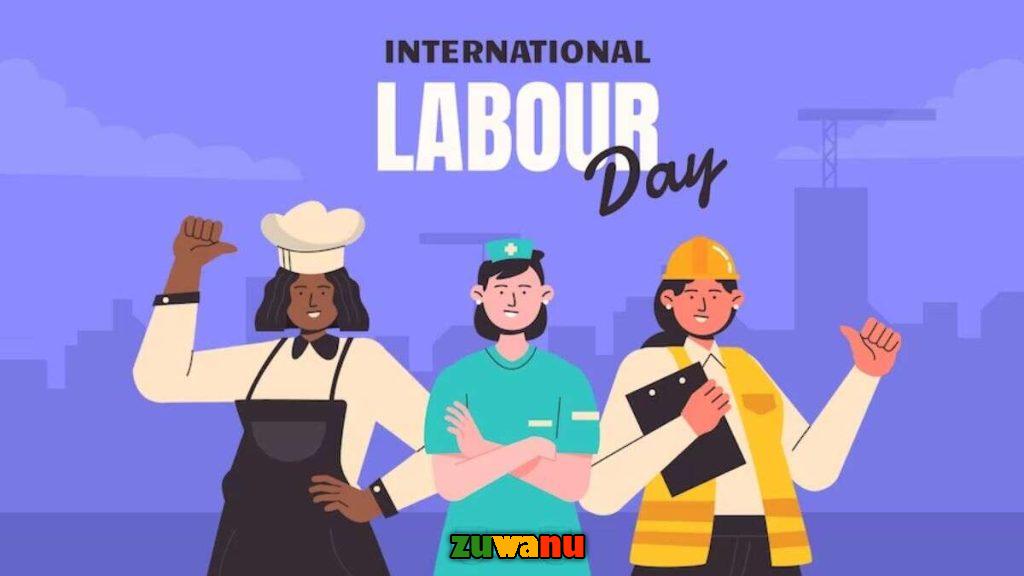Labour Day: Celebrating the Contributions and Rights of Workers
Table of Contents

Labour Day, also known as International Workers’ Day, is celebrated around the world on May 1st every year. It is a day dedicated to the celebration of the achievements and contributions of the working class. The day is celebrated with rallies, parades, and speeches, and is an important reminder of the importance of workers’ rights and the contributions they make to society.
The History of Labour Day
The history of Labour Day dates back to the late 19th century. During this time, workers around the world were fighting for better working conditions and fair wages. The labour movement began in the United States in the 1800s, when workers began to form unions to protect their rights.
One of the most important events in the history of the labour movement was the Haymarket Riot of 1886. On May 4th of that year, workers in Chicago organized a rally to protest police brutality against striking workers. The rally turned violent when a bomb was thrown at police officers, and several people were killed.
Despite the violence, the Haymarket Riot became a symbol of the struggle for workers’ rights. In 1889, the International Socialist Conference declared May 1st as International Workers’ Day to commemorate the events of the Haymarket Riot.
Why May 1st is Labour Day and International Workers’ Day
May 1st was chosen as International Workers’ Day because of its connection to the Haymarket Riot. The riot took place on May 4th, but the decision to make May 1st the official day of celebration was made at the International Socialist Conference in 1889.
May 1st was chosen because it is a day of significance for workers around the world. In many countries, May 1st is a national holiday, and is known as Labour Day or May Day. It is a day when workers can come together to celebrate their achievements and demand better working conditions and fair wages.
The Importance of Labour Day
Labour Day is an important reminder of the contributions that workers make to society. Without the hard work and dedication of workers, our economies would not be able to function. Labour Day is a time to recognize and celebrate the achievements of workers, and to acknowledge the challenges that they face.
Labour Day is also a time to advocate for workers’ rights. Many workers around the world still face unfair working conditions and low wages. Labour Day is an opportunity to demand better treatment for workers, and to push for policies that protect their rights.
Labour Day is also a time to reflect on the progress that has been made in the fight for workers’ rights. Over the past century, workers around the world have fought for and won important rights, including the right to form unions, the right to fair wages, and the right to safe working conditions. Labour Day is a time to remember these victories, and to continue fighting for workers’ rights.
The Future of Labour Day
Labour Day will continue to be an important day for workers around the world. As the nature of work changes, and new challenges arise, workers will need to continue to come together to fight for their rights. The COVID-19 pandemic has highlighted the importance of workers, and the need to ensure that they are protected and treated fairly.
In the coming years, Labour Day will continue to be a day of celebration and activism. Workers around the world will come together to demand better working conditions, fair wages, and a more just society. Labour Day is a time to remember the struggles of the past, and to look forward to a better future for workers around the world.
Conclusion
Labour Day is an important day for workers around the world. It is a day to celebrate the contributions that workers make to society, and to demand better treatment and protection for workers. May 1st was chosen as International Workers’ Day
because of its connection to the labour movement and the Haymarket Riot of 1886. The riot was a turning point in the struggle for workers’ rights, and May 1st was chosen as a day of commemoration and activism.
Labour Day is a time to reflect on the progress that has been made in the fight for workers’ rights, but also a reminder that there is still much work to be done. Many workers around the world still face discrimination, low wages, unsafe working conditions, and lack of job security. Labour Day is an opportunity to stand in solidarity with these workers and demand better treatment for all.
In recent years, the nature of work has changed dramatically. The rise of automation, the gig economy, and remote work have created new challenges for workers. These changes have made it even more important for workers to come together to fight for their rights and protect their interests.
Labour Day is also an opportunity to highlight the importance of workers in our society. Without the hard work and dedication of workers, our economies would not be able to function. Labour Day is a time to recognize and celebrate the contributions of workers, and to remind policymakers and employers of the importance of treating workers fairly and with respect.
In conclusion, Labour Day is a day of celebration, reflection, and activism. It is a time to remember the struggles of the past and to look forward to a better future for workers around the world. As we celebrate Labour Day each year, we must remember that the fight for workers’ rights is ongoing, and that we must continue to come together to demand better treatment and protection for all workers.
